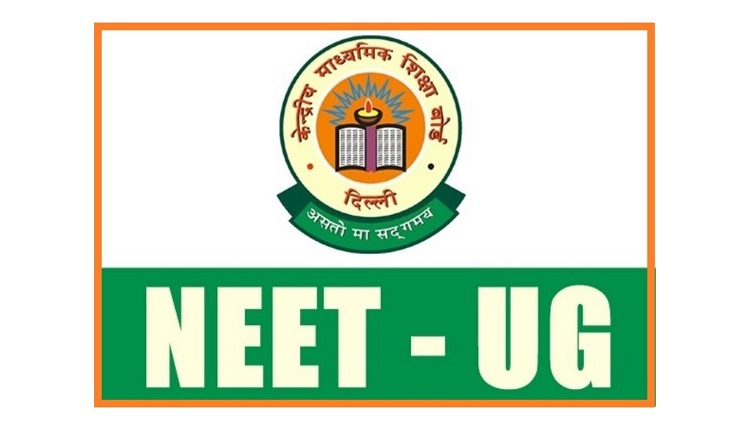Jahanvi Agarwal
On 5th July 2024, the Central government urged the Supreme Court not to cancel the National Eligibility cum Entrance Test (Under Graduate) exam (NEET-UG) held on May 5, citing a lack of evidence for a significant breach of confidentiality. This comes amidst numerous allegations of malpractices, including mass question paper leaks and cheating during the exam.
In an affidavit presented to the top court, the Ministry of Education argued that nullifying the NEET UG exam and conducting a fresh one wouldn’t be logical. “In the absence of any proof of any large-scale breach of confidentiality in a pan-India examination, it would not be rational to scrap the entire examination and the results already declared. It is submitted that in any examination, there are competing rights that have been created whereby the interests of a large number of students who have taken the examination without adopting any alleged unfair means must not also be jeopardized,” the affidavit stated.
This affidavit was filed in response to multiple petitions alleging irregularities, including a question paper leak. The Supreme Court, with a bench consisting of CJI DY Chandrachud, Justice JB Pardiwala, and Justice Manoj Misra, is set to hear the case on July 8. The main issue to be examined is whether the May 5 exam was compromised and if a re-exam is necessary.
The Centre emphasized that canceling the entire exam would unfairly impact the numerous honest candidates who took the test without resorting to cheating. The government clarified its non-adversarial stance in the current litigation and acknowledged the concerns of the candidates who took the NEET UG 2024 exam. “Union of India in a matter such as the present one, has adopted a solution-oriented approach,” the affidavit said.
To address the allegations, the government has tasked the Central Bureau of Investigation (CBI) with a thorough investigation into instances of impersonation, cheating, and other malpractices. A high-level committee has also been formed to suggest measures for the effective and transparent conduct of future exams by the National Testing Agency (NTA). Additionally, the government highlighted the introduction of the Public Examinations (Prevention of Unfair Means) Act, 2024, effective from June 21, to combat cheating and paper leaks.
The NTA, in its affidavit, echoed the government’s stance, stating that canceling the exam would harm public interest. They asserted that malpractices were confined to specific centers in Patna and Godhra, and isolated incidents did not compromise the overall integrity of the exam. The NTA’s data analysis confirmed that these individual malpractices did not affect the exam’s sanctity.
On June 11, the Supreme Court directed the NTA to respond to the plea alleging a NEET UG paper leak, while also stating that it would not halt counseling for medical college admissions. Media reports indicated an unusually high number of candidates achieving perfect scores, raising concerns about the fairness in awarding compensatory marks for lost time during the exam.

